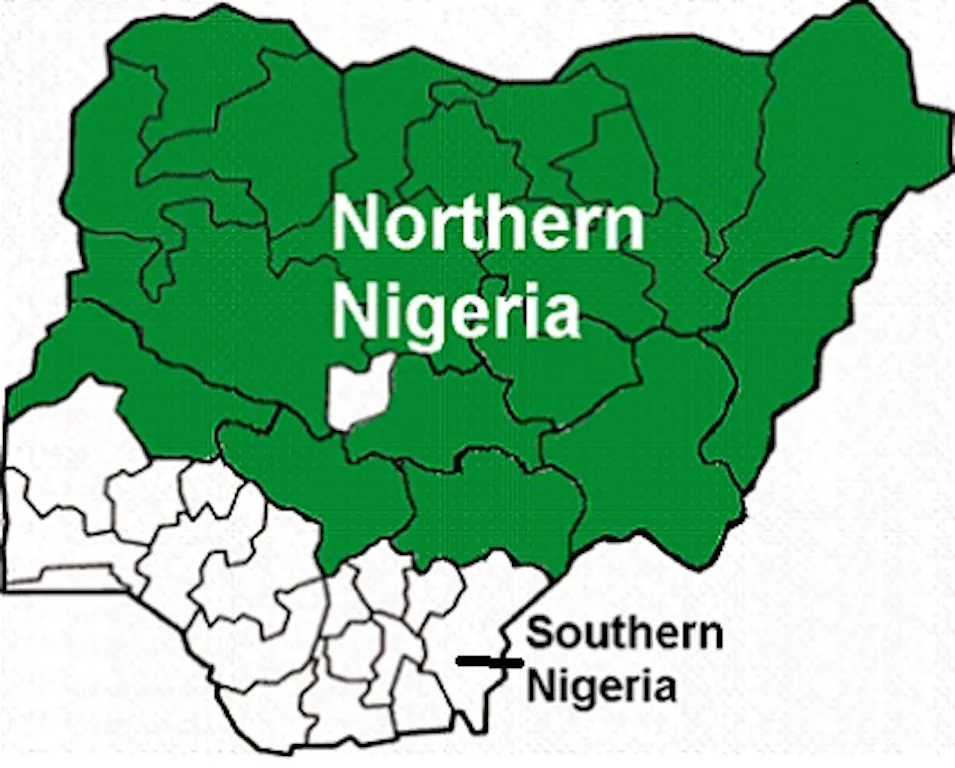Africa
A Hidden Multi-Billion-Naira Industry in Northern Nigeria: Why Kano State Must Transform Kannywood Into a Global Hausa Creative Economy -By Abbas U. Julde Kumo
I write as a young Northerner who believes in the future of our region. The opportunity before us is real, urgent, and transformative. If Kano leads this journey, Northern Nigeria will follow—and millions of lives will change.

On 31st October, I drafted an open letter to His Excellency, Engr. Abba Kabir Yusuf, the Governor of Kano State, urging him to explore a multi-billion-naira opportunity capable of generating up to 350,000 jobs. I later kept that letter aside, doubting my own significance as a young student from another region. But beyond my doubts is a truth that Northern Nigeria can no longer ignore: Kano State hosts one of the most promising creative economies in Africa, and it remains largely underutilised.
The Hausa Entertainment Industry, popularly called Kannywood, comprising film, music, live entertainment, and local cinemas produces in Hausa language based in Kano, has the potential to transform the economic future of Kano State and Northern Nigeria as a whole.
With strategic investment and proper modernisation, Kannywood can:
-Generate 150,000–350,000 jobs immediately
-Exceed 500,000+ jobs over time
-Earn ₦70–₦100 billion annually
-Become the largest employer in Northern Nigeria
-Boost IGR and local economic circulation
-Reduce insecurity, drug abuse, and youth violence as the result of employment
Considering the estimated 90–120 million Hausa speakers worldwide, Kano can build a creative economy as vibrant as those in India, Turkey, Korea or the Arab world.
But reaching this potential requires deliberate government participation, modern studios, capacity building, policies, cultural guidance, and soft loans. Once these are in place, the private sector will naturally scale the industry.
THE TWO PERSPECTIVES HOLDING US BACK
For decades, the industry has been viewed only through two lenses:
1. Religious concerns, and
2. Cultural fears (al’adar Malam Bahaushe)
Yet, major Islamic nations such as Saudi Arabia, Turkey, the UAE, Qatar, have embraced film and entertainment as legitimate sources of employment, revenue, and cultural export.
Entertainment itself is not immoral. What becomes harmful is an industry left unregulated, unsupported, and overshadowed by foreign content that does not reflect our values.
THE REALITY ON THE GROUND
Every day, youths in Kano and across the North consume:
-Unfiltered TikTok and Instagram content
-Explicit online material
-Poor-quality, unregulated Hausa videos
-Foreign films with values foreign to our culture
Meanwhile, the earlier proposed federal film village was opposed on moral grounds, yet gidajen gala, brothels, and nightclubs continue to operate freely. If we cannot stop the global content entering our homes, why not strengthen what we can be regulated and improve?
A structured Kannywood under supportive policy becomes easier to regulate, not harder.
A QUESTION OF PRIORITIES
Some argue that revenue from entertainment is haram, yet they remain silent when governments acquire massive loans with heavy interest from local and foreign banks. Which poses a greater moral concern?
This contradiction must be addressed honestly.
KANNYWOOD IS A GOLDMINE, NOT A THREAT
The Hausa creative industry is not an enemy of our religion or culture. It is a goldmine capable of:
-Empowering millions of youths
-Reducing crime and drug abuse
-Preserving Hausa identity through quality storytelling
-Positioning Kano as the creative capital of West Africa
-Diversifying Northern Nigeria’s economy
I write as a young Northerner who believes in the future of our region. The opportunity before us is real, urgent, and transformative. If Kano leads this journey, Northern Nigeria will follow—and millions of lives will change.
Abbas U. Julde (Kumo)
Kumo, Akko LGA, Gombe State, Nigeria
Email: muhammadusman6817@gmail.com
Final-year Pharmacy student, journalist, youth leader, and member of the Gombe State Youth Parliament.
























